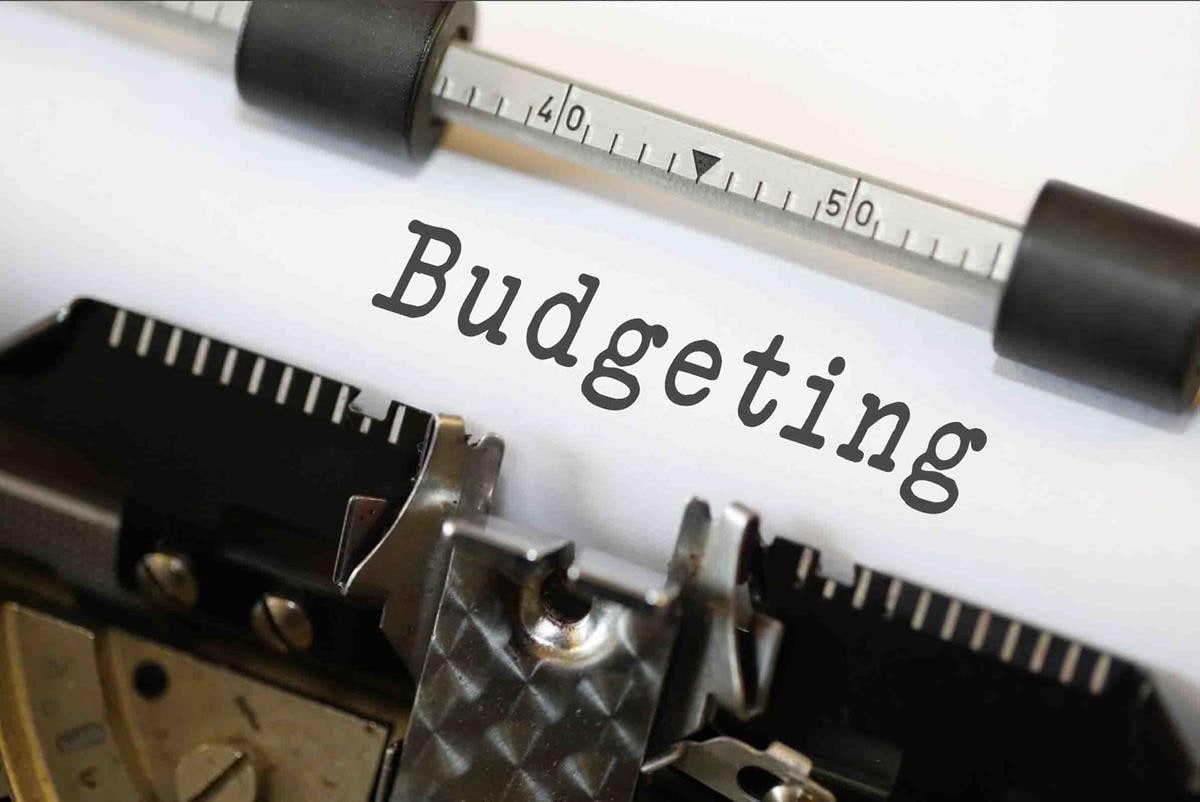
Dealing With Debt: How To Move From The Red To The Black
- Mark Edwards ·
- 0 Comments ·
- March 13, 2018
Did you know that the average US household has debts worth over $137,000? Financial issues affect many of us, and they can have a profound impact on the way we live our lives and our health and wellbeing. If you’re worried about debt, and you’re looking for a way out, here are some tips to help you get back into the black.
Assessing the Situation
Before you do anything, the best thing to do is assess the situation. If you know you owe money, it can be tempting to adopt the ostrich approach and bury your head in the sand. If you tend to chuck bills and credit card statements on a pile of unopened mail on your desk or even shred papers without looking at them, now is the time to get a grip on your finances. It may be a scary prospect, but you need to know what you’re dealing with before you can move forward. Sit down with a pen and paper, open those statements and check your online accounts. Work out exactly how much you owe, who you owe and how much you’re paying out in recovering debts every month. Once you’ve got figures in front of you, you’ll have a clearer insight into what’s going on in those accounts and how you can start to tackle the problem.
When you’re working through statements and checking balances, write down the different types of debts you owe. Many of us are technically in debt because we have a mortgage or we haven’t paid off a college loan in full. In this case, you may well be able to cover those debts, and you don’t need to worry about falling further into the red unless you have additional outstanding bills or payments to cover. If your debts come in the shape of credit cards, rent or mortgage arrears, store cards or loans that you can’t pay off, this is a completely different scenario.
Taking Action
If you’re in debt, but you can afford to keep up with repayments and stay on the straight and narrow, you probably don’t need to take action. If you’re used to paying a mortgage payment each month, or you’re paying off a loan and you haven’t missed any installments, keep going as you are. Make sure you factor in these expenses when drawing up a monthly budget.
If you’re in debt and you can’t afford to pay creditors or keep going with your mortgage or loan repayments, the sooner you take action, the better. If you can’t cover the minimum credit card repayment, you’ve defaulted on a loan, or you’ve got final demands sailing through the mailbox on a daily basis, the situation will only get worse. Most creditors and lenders will charge fees for late or missed payments, and your credit rating will be affected.
If you’re in trouble, there is help available, and it’s best to seek advice and try and nip problems in the bud at the earliest possible stage. The more debt you accumulate, the harder it is to find a way out. Arrange to see a financial adviser to discuss your options and make sure you understand the different debt management techniques that are available.
Prioritizing Repayments
If you have multiple debts, it’s wise to work out which payments need to be covered as a priority. If you’ve got bills that were due a month ago, it’s more important to pay them than trying to clear your credit card. Keep up with the minimum repayments, and focus on clearing debts, which carry penalties and will affect your credit rating and financial stability. If you’re paying interest on cards, look for balance transfer options, as this could save you a substantial amount of money each month. A financial adviser can help you identify the debts you need to tackle first.
Exploring Your Options
In some cases, it may be possible to clear debts by tightening your belt, setting up a saving strategy and reducing interest payments. However, if you have substantial debts, you’ve lost your job, or your income has dropped significantly, you may need to consider other options. If you have a number of creditors chasing you for money, one option you may be thinking about is debt consolidation. This is a debt management method, which consolidates multiple debts into a single payment. You can work with a debt consolidation company to liaise with creditors and come to an agreement that suits both parties, or you could take out a debt consolidation loan. You’ll find more information about debt consolidation options at DebtConsolidationUSA.com. If you do take out a loan, this will enable you to clear all your existing debts. Once you’ve done this, you’ll make a single payment every month to pay off the loan. Debt consolidation is an attractive option for those who can’t afford to pay off different types of debt, such as credit card and household bills. It can keep the wolves from the door and give you a platform to start working towards a debt-free existence.
Another option you may come across is a debt management plan. A DMP is an agreement with your creditors, which enables you to pay them back at a pace and rate that is manageable. This plan is generally recommended for those who have debts of over $4,000 and it’s often a means of combating debt in the early stages. By agreeing to a plan, you’re clearing off your debts, but you’re also showing creditors a willingness to get back into the black.
Debt counseling may be beneficial for you if you struggle to take control of spending. Counseling is designed to help you determine why you spend too much and to help you learn how to be more cautious and careful. If you splurge on credit cards or you spend money even when you know you can’t afford to and you’re getting into more debt, seeing a counselor could change your thought process, which is likely to benefit your finances moving forward.
Staying Out of Financial Trouble
When you’ve worked hard to eliminate debt, the last thing you want is to end up back where you started. Here are some useful tips to help you steer clear of trouble.
Budgeting
Budgeting is so important when it comes to staying above water. If you don’t have a budget, it can be incredibly difficult to keep track of how much you’re spending and where your money is going. Before you know it, you’re trying to take cash out of the ATM and a message pops up saying ‘insufficient funds.’ If you’re familiar with this scenario or you often find that your balance is much lower than you thought, now is the time to take a look at this article and start budgeting https://www.thebalance.com/budgeting-101-1289589. It’s very easy to create and adapt a budget, and it could make a massive difference to your financial health. A budget enables you to determine how much disposable income you have, prioritize how you spend your money and identify potential savings you could make. With a budget, you’re less likely to overspend, and you may also find it easier to start putting money aside. When you’re budgeting, use accurate figures and modify your budget as you go to ensure that it’s always up to date.
Keeping Credit Cards for Emergencies
Credit cards can provide us with temptation. It’s very easy to put something on your card and tell yourself that you’ll pay it off when you get paid. The trouble is that we often spend more than we save, and the gap between the balance and the amount we pay back every month widens. If you’re guilty of overspending, try and keep your credit cards for emergency use only. If you can’t trust yourself, consider giving your cards to your partner or a sibling or close friend so that you can only use them when you absolutely have to. It can be difficult to adjust to life without the comfort blanket of a credit card, but it’s hugely valuable to learn to live within your means.
Cutting Expenses
Nobody wants to get into debt. Often, difficulties arise as a result of being unable to cover household costs and general living expenses. If you’re spending too much, there may be ways to save. Compare prices from energy, insurance, water and TV and broadband providers, try and use less energy at home and consider cheaper ways of getting around. If you’re used to driving to work, for example, swapping the car for a bike could boost your balance. Use your budget to see where your money goes, and think about ways you could reduce those figures.
Are you in the red? Are you struggling to keep your head above water? If you’re trying to deal with debt, there is help out there. Most people are in debt, but there’s a difference between taking out a mortgage and being unable to pay bills and defaulting on loans. If you’re in trouble, hopefully, this guide will help you move from the red to the black.

